Manchester United's Groundhog Day: Amorim and the Echoes of Past Managers
Ruben Amorim's chaotic start at Man Utd isn't just about results. Unpack the systemic issues plaguing Old Trafford and if he can break the club's cycle of disappointment.
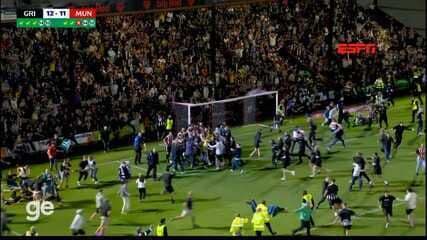
Initial Turmoil for Amorim at Old Trafford
Ruben Amorim's highly anticipated arrival at has quickly descended into a baptism of fire, sparking immediate concern among the club's faithful. The season began with a narrow 1-0 defeat to , a result that, while disappointing, offered some hope of tactical discipline. However, this glimmer faded after a frustrating 1-1 draw against . The true low point came swiftly with a shock Carabao Cup exit at the hands of League Two side . After a dramatic 2-2 draw, where United clawed back from two goals down, they ultimately lost a marathon penalty shootout 12-11. This early cup elimination, coupled with last season's dismal 15th-place finish – their worst in 35 years – has intensified scrutiny on Amorim. Club legend publicly called for "rapid" improvements, highlighting a persistent pattern of individual errors, including a crucial mistake by goalkeeper , that continue to plague the team. The pressure is already immense, indicating a difficult road ahead for the new manager.
The Post-Ferguson Syndrome: A Recurring Nightmare
The current struggles under Ruben Amorim are not an isolated incident but rather a continuation of a deeply entrenched pattern that has defined since 's departure. For over a decade, the club has cycled through managers, each promising a new era, only to confront the same systemic issues. This persistent instability has created a 'Groundhog Day' scenario, where optimism quickly gives way to familiar frustrations. The stark reality of finishing 15th last season, forcing an early entry into the League Cup for the first time in memory, underscores a chronic malaise. Critics argue that despite significant investment and numerous coaching changes, the fundamental problems – from recruitment strategy to player mentality – remain unaddressed. This cycle suggests that individual managerial talent alone cannot overcome the institutional challenges. United's inability to break free from this pattern raises fundamental questions about the club's leadership and its long-term vision, leaving fans yearning for a return to sustained success that seems perpetually out of reach.
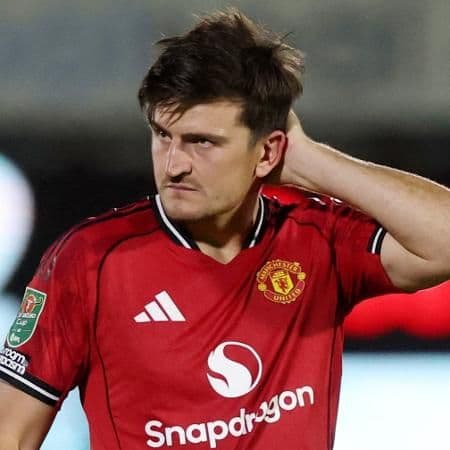
Squad Underperformance and Tactical Adaptation Challenges
Beyond the managerial hot seat, the performance of 's squad itself is under severe scrutiny. 's pointed remarks about the team making the "same errors" suggest a deeper issue than just a new manager's tactical adjustments. There's a growing belief that the players, individually and collectively, are underperforming, struggling to consistently execute a coherent game plan. Key moments of individual error, such as 's missed penalty against or 's significant goalkeeping blunder, have proven costly. Reports indicate some players, like , are already on the fringes of Amorim's plans, hinting at a potential disconnect or a need for squad overhaul. Furthermore, public comments from former club figures questioning player fitness add to the narrative of a squad potentially lacking the discipline or quality required at this level. The challenge for Amorim is not just to implement his 'Portuguese blueprint,' but to motivate, organize, and potentially reshape a group of players who appear to be struggling with the weight of expectation and the demands of top-tier football.
Amorim's Blueprint Meets Premier League Rigour
Ruben Amorim arrived at with a clear 'Portuguese blueprint,' a tactical philosophy that brought him immense success at , often utilizing an aggressive 3-4-3 formation focused on intense pressing and fluid attacking transitions. The expectation was that this distinctive system would provide United with a much-needed identity and structure. However, the early weeks suggest a challenging adaptation to the unforgiving rigour of the . The league's relentless pace, physical demands, and tactical diversity often require a degree of pragmatism that might clash with a rigid philosophical approach. Is the squad capable of implementing Amorim's high-intensity style, or are they struggling with the transition? The seamless application seen in Portugal has not yet translated to English football, where small margins and individual duels often dictate outcomes. Amorim now faces the monumental task of not only embedding his system but also making it resilient enough to withstand the unique pressures of the Premier League, all while battling a squad historically prone to inconsistency. This period will truly test the adaptability of his blueprint.
Beyond the Managerial Merry-Go-Round: A Call for Systemic Change
's current predicament demands more than the usual knee-jerk reaction of replacing the manager. While Ruben Amorim faces immediate pressure, his struggles are emblematic of a deeper, systemic issue that has plagued the club for over a decade. A genuine path to redemption for United necessitates a comprehensive overhaul, moving beyond the superficial 'sack race' mentality. This means a critical re-evaluation of every facet of the club: from its recruitment policy and scouting network to player development pathways and the overarching footballing philosophy. Is the club's executive leadership providing the necessary stability, long-term vision, and footballing expertise, or are they contributing to the cycle of short-term fixes? Without a fundamental shift in how the club operates from top to bottom, any new manager, regardless of their talent, risks becoming another casualty in a broken system. Amorim may still prove to be the right man, but his success hinges on the club's willingness to implement deep-seated structural changes that address the root causes of their chronic underperformance.
Related Articles
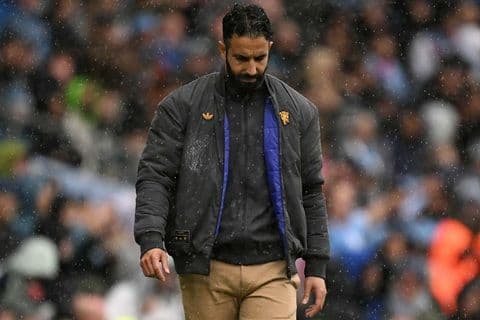
The Unyielding Architect: Amorim's £13 Million Stand-off at Old Trafford

The Unyielding Architect: Amorim's £13 Million Stand-off at Old Trafford
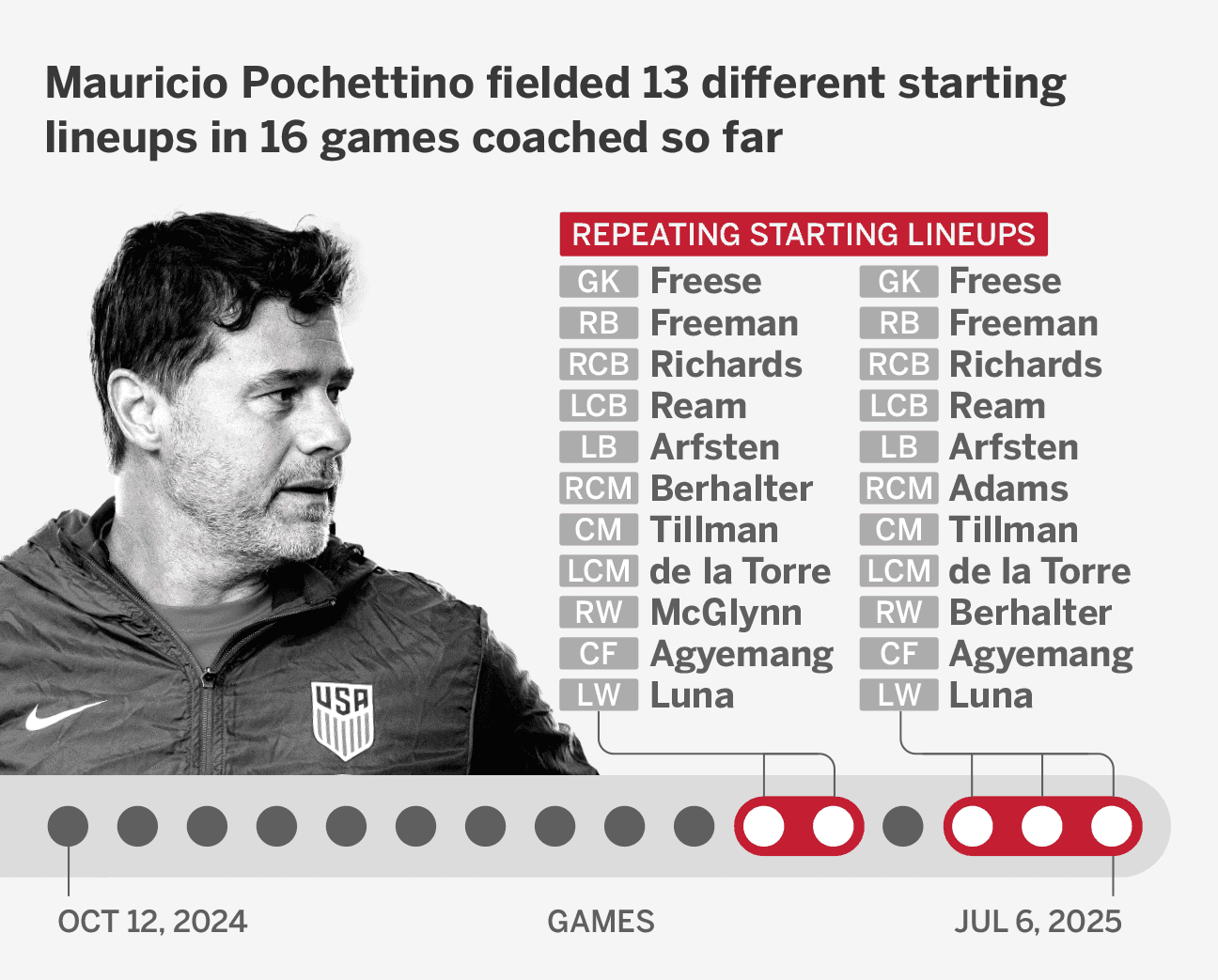
Beyond the Scoreline: Japan's Test and the USMNT's Unconventional World Cup Blueprint

Beyond the Scoreline: Japan's Test and the USMNT's Unconventional World Cup Blueprint
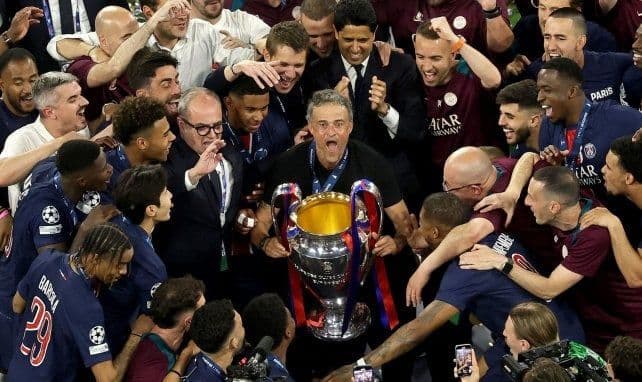
PSG's Dynamic Equilibrium: Balancing New Blood, High Stakes, and Unrest

PSG's Dynamic Equilibrium: Balancing New Blood, High Stakes, and Unrest
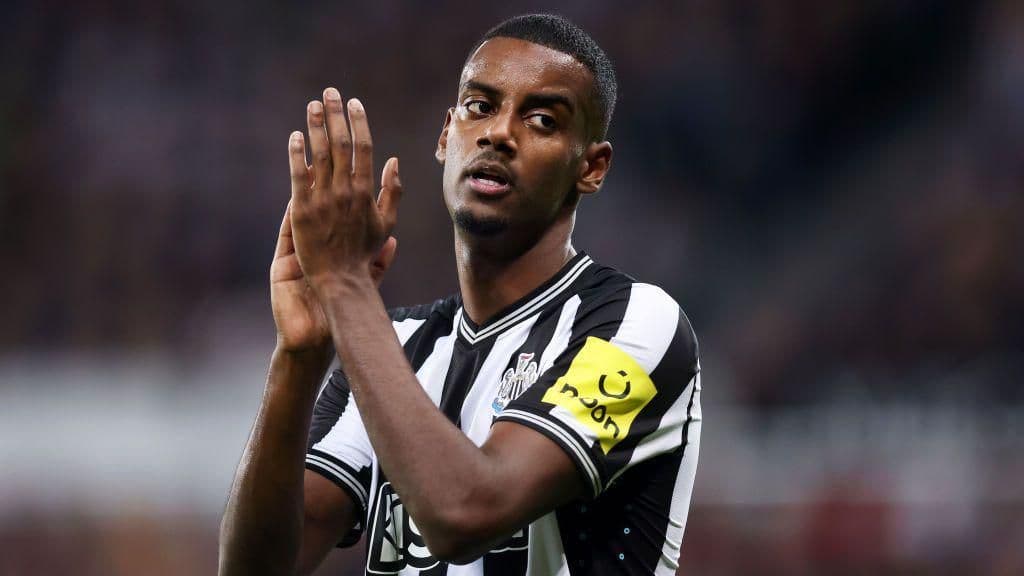
The £150 Million Paradox: Isak's Sidelined Ambition and Newcastle's Summer Crucible
